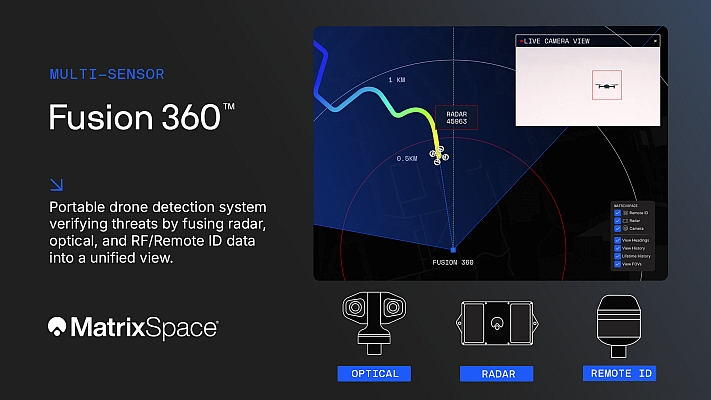An orbiter is launched by a Long-March-3III carrier rocket from the Xichang Satellite Launch Center in southwest China’s Sichuan Province, Jan. 17, 2010. It was the third orbiter that China has launched for its independent satellite navigation and positioning network, also known as Beidou, or Compass system.
China took one step forward in its ambition to build an independent global navigation network capable of rivaling foreign congeneric systems with the successful launch of a new orbiter into space early Sunday morning.
Boosted by a Long-March-3III carrier rocket into a geostationary orbit from the Xichang Satellite Launch Center, it was the third orbiter China has launched for the network, also known as Beidou, or COMPASS system.
It will join another two already in orbits to form a network which will eventually have a total of 35 satellites, capable of providing global navigation service to users around the world around 2020.
The new orbiter and the carrier rocket were researched and developed by Chinese Aerospace Science and Technology Corporation and Chinese Academy of Carrier Rocket Technology respectively.
The network will have five satellites in geostationary orbit and another 30 in non-geostationary orbits, according to a plan for the COMPASS system. According to the plan, the system will firstly provide navigation, time signal and short message services in the Asia and Pacific region around 2012.
The COMPASS system will provide both open and authorized services, according to China’s satellite navigation project center.
The open service will be free of charge for the system’s users within service area with a resolution of 10 meters for positioning, an accuracy of 10 nanosecond for time signal and an accuracy of 0.2 meter per second for speed measurement.
China started to build up its own satellite navigation system to break its dependence on the U.S. Global Positioning System (GPS) in 2000 when it sent two orbiters as a double-satellite experimental positioning system, known as the Beidou system.
The Beidou system, China’s first-generation satellite navigation and positioning network, made the country the third in the world after the U.S. and Russia to have an independent satellite navigation system.
The country started to upgrade the Beidou into the second-generation system by launching two new orbiters into space in 2007 and 2009 respectively.
A statement from the COMPASS system’s special management office said that China will make its own global navigation system compatible and interoperable with other international competitors, including the U.S. GPS system, the EU’s Galileo Positioning Systemand Russia’s Global Navigation Satellite System (GLONASS).






